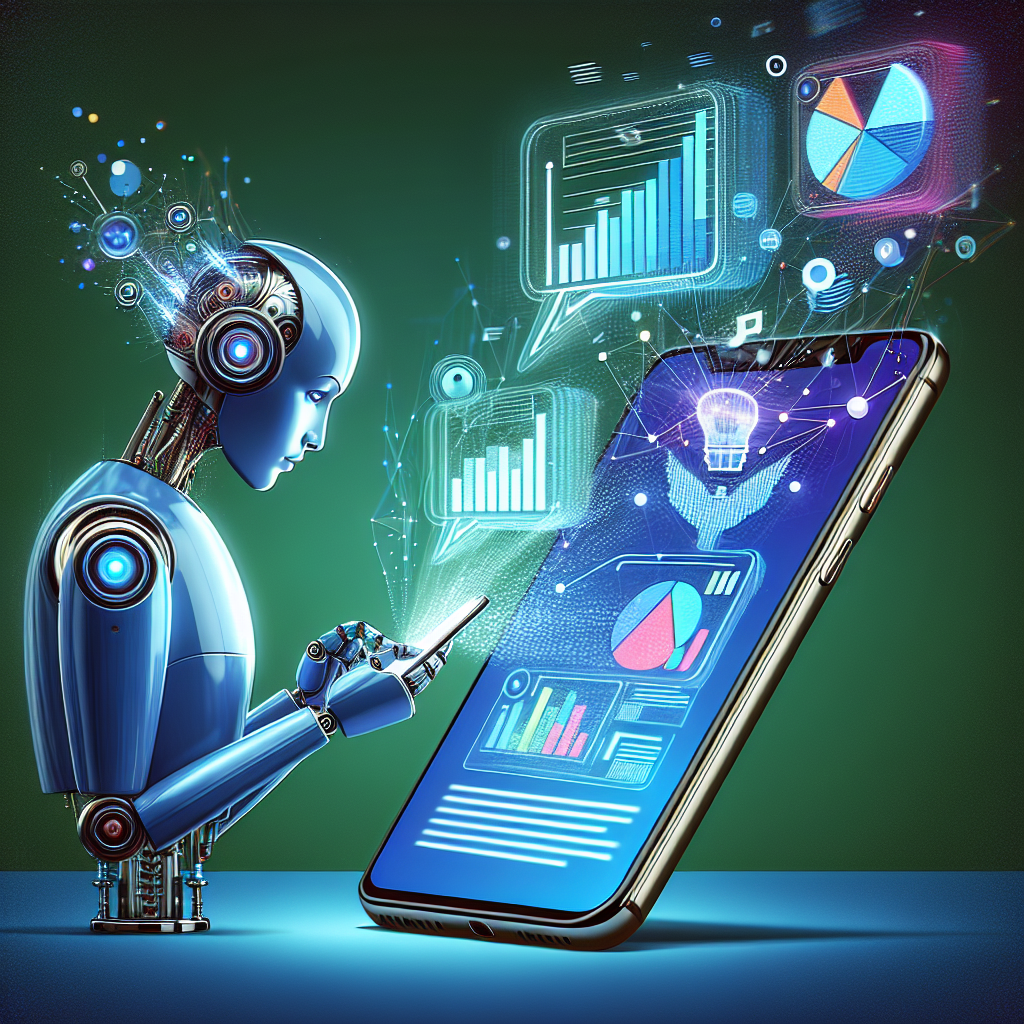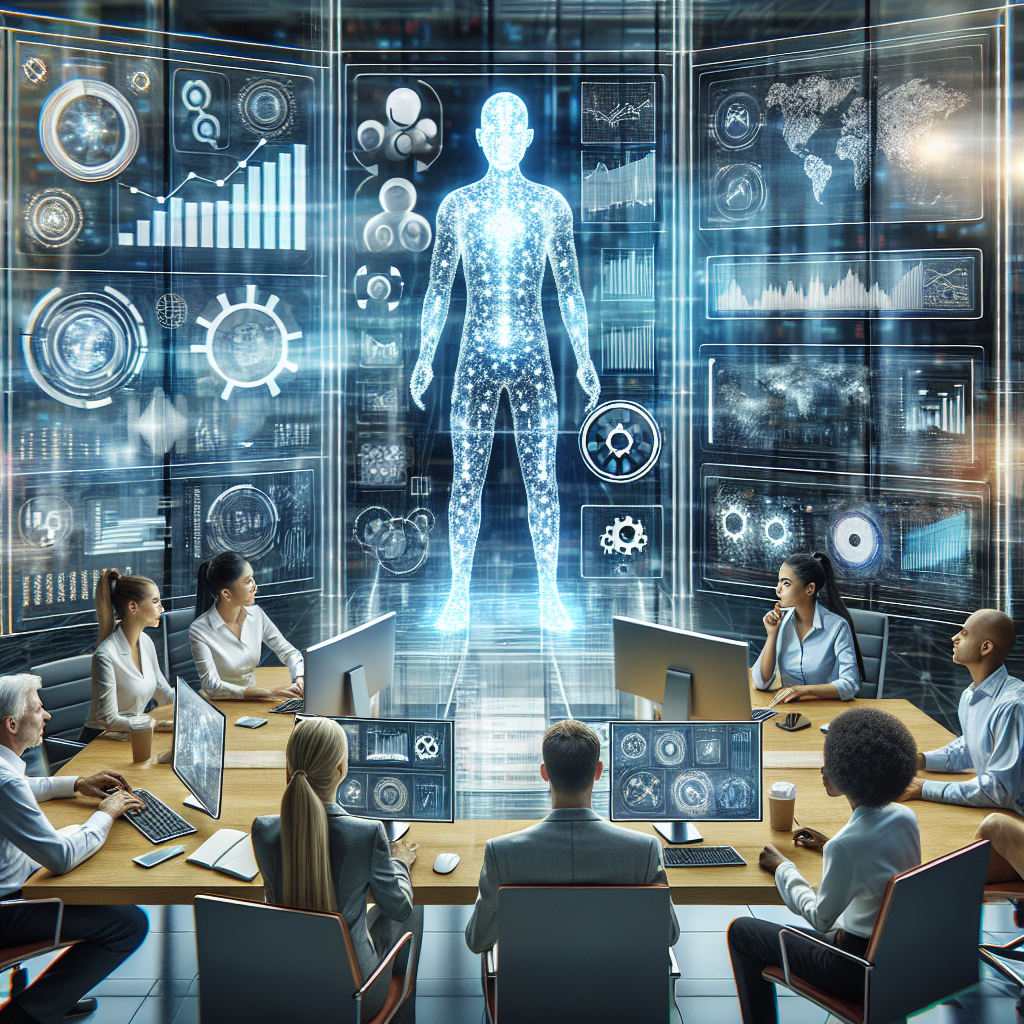One of the most significant ways AI is changing digital marketing is through its ability to analyze and interpret data. Traditional marketing strategies relied on human analysts to sift through data and identify patterns and trends. With AI, this process is faster and more accurate, allowing marketers to make informed decisions based on data-driven insights.
AI also allows for more personalized marketing strategies. By using machine learning algorithms, marketers can analyze customer behavior and preferences to create personalized content and offers. This level of personalization leads to higher engagement rates and increases the likelihood of converting leads into customers.
In addition, AI is enabling marketers to automate tasks that were once time-consuming and labor-intensive. For example, AI-powered chatbots can interact with customers in real-time, answering questions and providing assistance without human intervention. This not only improves customer service but also allows marketers to focus on more strategic initiatives.
AI is also playing a vital role in digital advertising. With AI-powered tools, marketers can optimize ad campaigns in real-time, ensuring maximum ROI. These tools analyze data such as click-through rates, conversion rates, and customer behavior to adjust ad placements and targeting to reach the right audience at the right time.
Overall, the rise of artificial intelligence in digital marketing is changing the way businesses reach and engage with customers. By leveraging AI-powered tools and strategies, marketers can create more personalized, data-driven campaigns that drive results. As AI continues to evolve, it will be essential for businesses to stay ahead of the curve and incorporate AI into their digital marketing tactics to remain competitive in today’s fast-paced digital landscape.
[ad_2]


